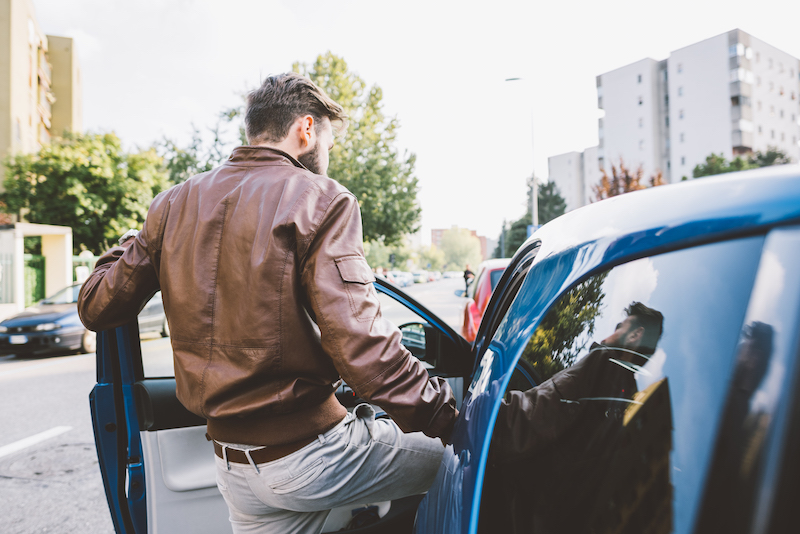 If you are caught driving with a blood alcohol concentration (BAC) of .08 or more, you probably already know that you could face some serious consequences that affect your driver’s license. In Minnesota, the law says that your driver’s license can be withdrawn immediately following failure of a breath, blood or urine test. Lawyers know this penalty as Administrative License Revocation (ALR).
If you are caught driving with a blood alcohol concentration (BAC) of .08 or more, you probably already know that you could face some serious consequences that affect your driver’s license. In Minnesota, the law says that your driver’s license can be withdrawn immediately following failure of a breath, blood or urine test. Lawyers know this penalty as Administrative License Revocation (ALR).
Length of Suspension for a First Offense
After a first-time offense, drivers are usually given a temporary license to use for seven days. The license withdrawal then goes into effect and lasts for 90 days. As a driver, you have several options. These may include 15 days of no driving privileges, followed by a limited license for the remaining time. Another option may be keeping full driving privileges for the 90-day period, but you’ll be required to have an ignition interlock device installed on your vehicle.
Extended Suspensions or Cancellation
In some situations, you can lose your license for even longer—or have it cancelled altogether. If you were accused of driving drunk under certain conditions, administrative license sanctions are increased. These conditions include:
- Driving drunk with a child in the car
- Driving with a BAC of .16 or greater, or .20 or greater
- A second, third or subsequent DWI offense
- Someone was hurt or killed
- You were under 21 years of age
- You refused the breathalyzer test or a blood or urine test
How to Take Action after Administrative License Revocation
The loss of a driver’s license can be life-changing, especially if you have kids or use your car to get to work. So, how can you protect your license? What steps can you take to avoid severe administrative driver’s license sanctions?
After a DWI, you’ll have the option to appeal the administrative license revocation, either through the Minnesota Department of Public Safety (DPS) or through the court. This can be complicated, so it’s a good idea to consult with an attorney who can help you.
You and your lawyer may request an administrative review through DPS at anytime during the period of license revocation. You may also petition the court for a judicial review if you do so within 30 days of receiving notice of license revocation.
If your lawyer petitions the court on your behalf, he or she will probably also represent you at a judicial review hearing before a district judge in the county where you were arrested. At the hearing, your lawyer will tell the court about the facts of your DWI arrest, blood, breath or urine testing, and your license.
The court will then decide whether the state had the right to revoke your license. You won’t find out the court’s opinion immediately. Instead, you may wait up to 14 days following the hearing for the court’s opinion. If you and your lawyer do not agree with the court’s decision, you have the right to appeal.
Getting a Limited Driver’s License or Work Permit
You also have the option to apply for a limited license to drive to work, school, chemical dependency treatment or to take care of your family. However, the law requires that you wait before applying. After a first-offense DWI, you must wait 15 days. The timeframe is longer if this is your second offense or if the circumstances are otherwise more serious.
While you must wait to apply for a limited driver’s license, you never need to wait to talk with an attorney. In fact, at White & Associates, we recommend that you contact us as soon as possible after your DWI arrest. Our lawyers can take immediate action to protect your license and your rights.



